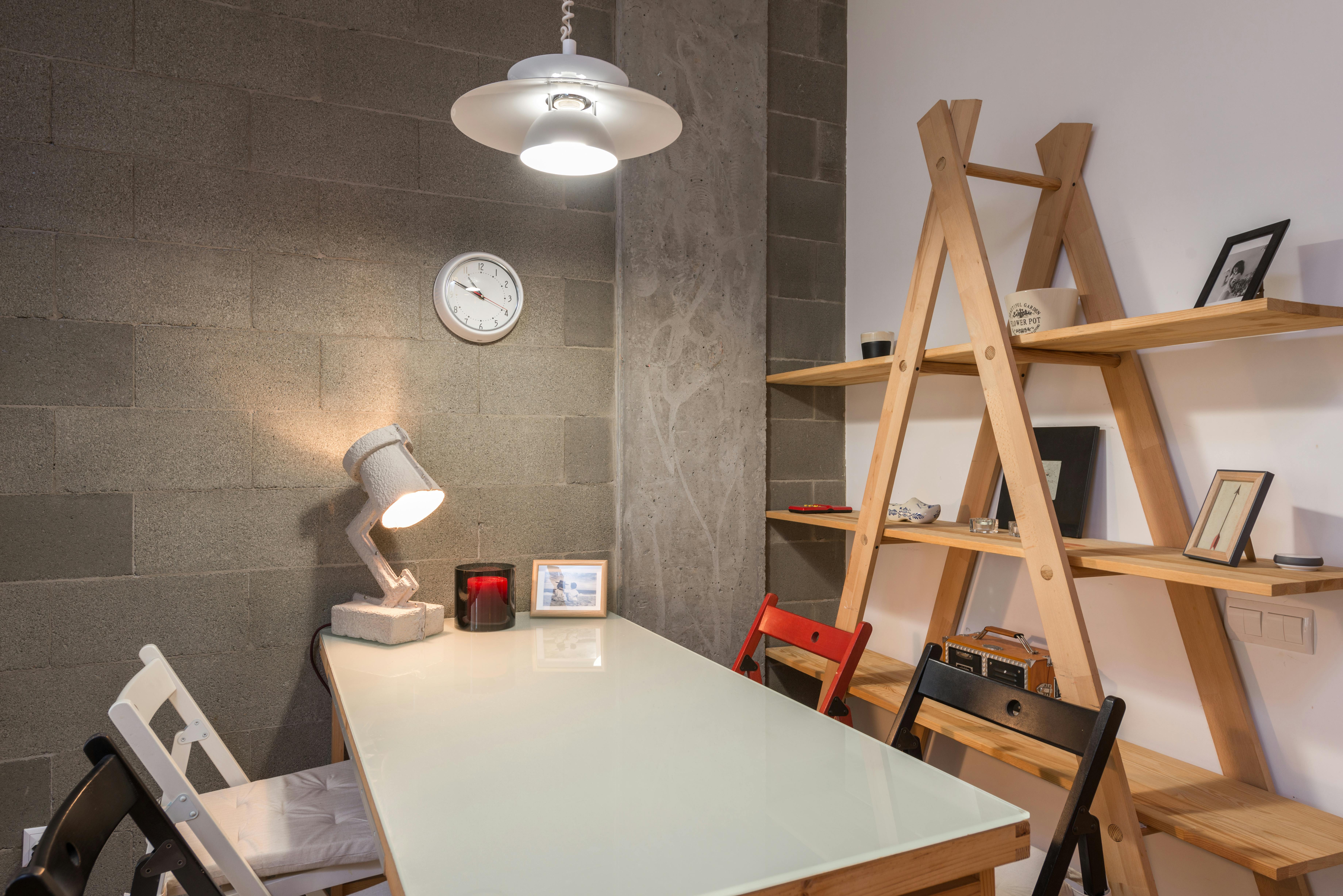
Parents, teachers and special education
admin
- 0
At a time when budget cuts are commonplace, staffing shortages, larger class sizes, and an understanding of the laws that govern special education in the U.S., the gifted, as well as every child in between.
Figures from the National Center for Education Statistics reveal that about 70 percent of students go to primary and secondary school. The number of children with special educational needs is also increasing.
With the focus on inclusive classrooms, both parents and teachers need to understand the legal requirements as well as the costs involved in special education in public schools.
What is special education?
Special education includes academic programs to help people with mental, emotional, or physical disabilities. The program may include children with severe disabilities and those with moderate or mild language difficulties, emotional or cognitive disabilities, or other impairments that make learning difficult. In some schools, educators use the best educational apps for kindergarten kids to impart education to children.
What is the least restrictive learning environment?
Least restrictive environment means that publicly funded schools must give students the opportunity to attend regular classes as much as possible. Schools must allow special students to participate in a standard learning environment alongside neurotypical students.
In some cases, special children with a severe disability may have to spend time in a special classroom designed to accommodate their particular disability, with the help of some of the best educational apps for kindergarten kids. But most of their time, up to 80 percent, is usually spent in a normal classroom setting alongside neurotypical students.
Inclusion in special education
Giving all students the opportunity to attend regular classes, instruction and learning is what is known as inclusion. The term “inclusive classrooms” is quite new. It complies with the Rehabilitation Act (1973) and also with the Education for Persons with Disabilities Act (1975). The last law was amended in 2012, to measure the success of special education programs.
Identification of special education students
Studies have revealed that after the age of seven, it is often difficult to raise special children to grade level performance. Children with mild to extreme physical and mental disabilities have a wide range of special needs. It requires educators to focus on establishing a consistent classroom environment along with pacing instruction, behavior management, and individualized lesson plans. The best educational apps for kindergarten kids can be very helpful in this regard. Research has suggested that the earlier children with special needs are exposed to these apps, the sooner they can adjust to regular classrooms.
Children with special needs who do not receive early intervention often drop out of school at a much higher rate, which can be double that of neurotypical students. Ultimately, it costs society much more than educating them properly.
The role of doctors
The family doctor can play an important role in helping to identify children with cognitive and physical disabilities. But it is primarily the responsibility of teachers and parents to determine if the child has a learning disability and needs special education.

